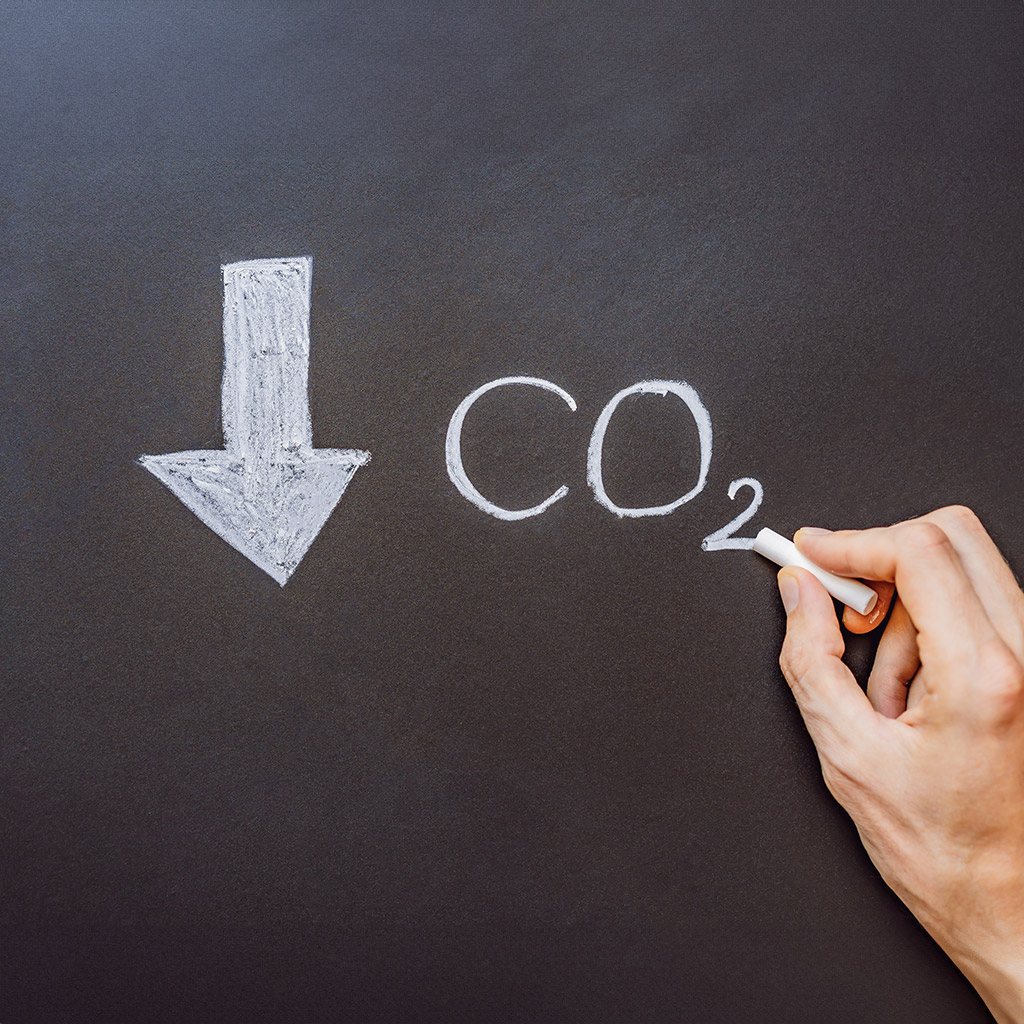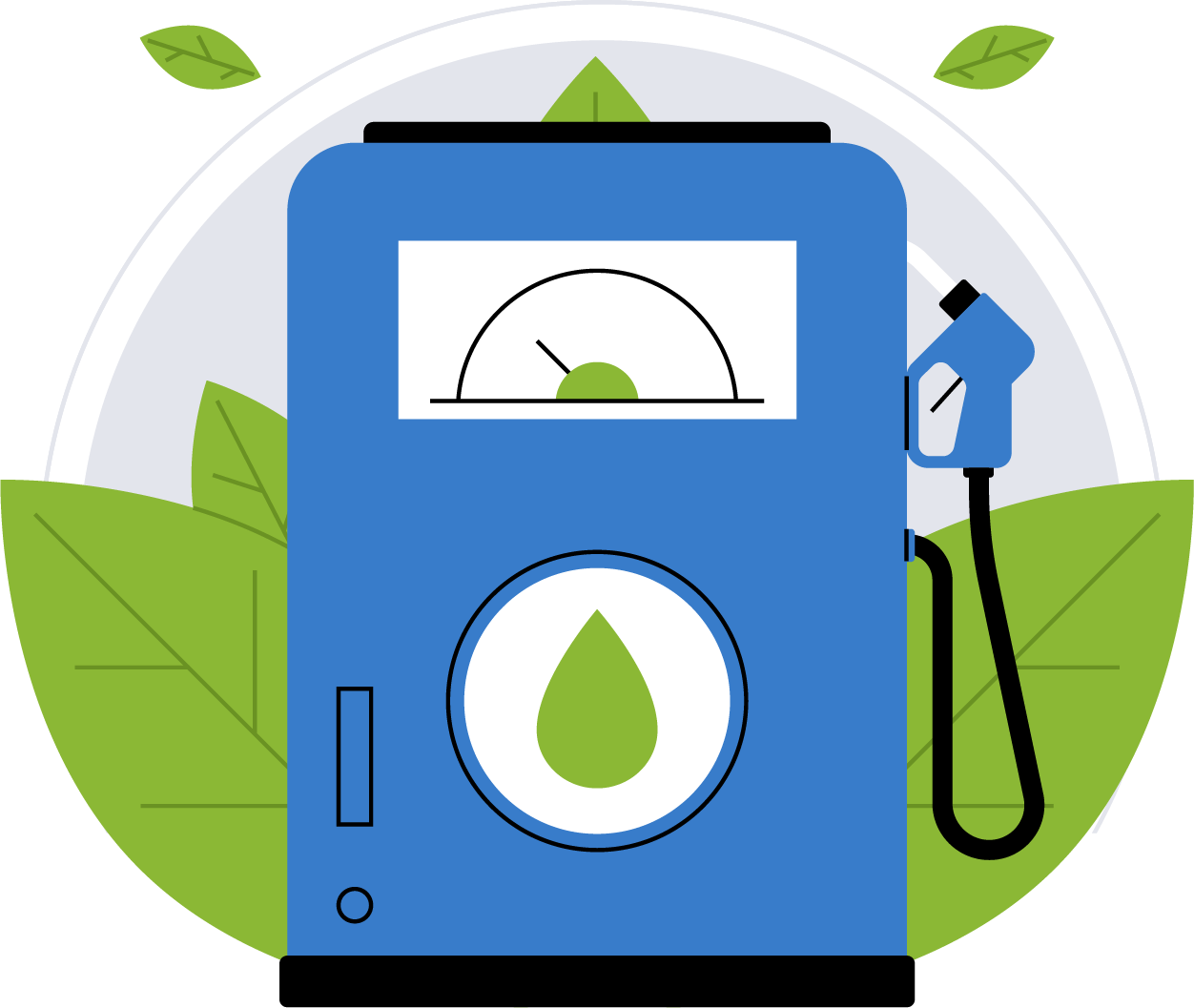Make the ethanol pie bigger
Time to get policy discussions aligned to fit what ethanol actually is, does and will do.


Who we are
About the alliance
The Climate Ethanol Alliance is a global partnership representing interests in the US, Europe, Brazil, Canada and Asia. Its mission is to advance renewable ethanol as an alternative to oil and promote evidence- and science-based policymaking to decarbonize transport.
With over two decades of real-world evidence, ethanol has proven to be a viable alternative to oil. Continuous innovation in technology, advancing the bio-based economy, has resulted in valuable benefits for the climate, rural development, farming, energy independence, and air quality.
The Climate Ethanol Alliance brings together bioethanol producers, service providers, and input suppliers to support the climate action goals of the Paris Agreement and facilitate the accelerated transition of the transport sector towards low carbon.
Ethanol joins the global shipping conversation
The Climate Ethanol Alliance (CEA) now holds official consultative status at the International Maritime Organization (IMO) — a major milestone for ethanol’s role in clean transportation.
For the first time, the world’s most widely used renewable transport fuel has a voice in shaping maritime decarbonization policy. This new status enables CEA to contribute technical expertise and policy recommendations to support the adoption of ethanol-based solutions in shipping.
As the IMO advances ambitious climate targets under its Net-Zero Framework, CEA stands ready to contribute as a trusted partner — helping make clean, ethanol-powered shipping a global reality.


Marine Ethanol Platform
Once the IMO Net-Zero Framework is adopted, the shipping industry needs alternatives that are available today, scalable, sustabinable, and cost‑effective.
As a collaborative initiative, the Marine Ethanol Platform brings together shipowners, OEMs, and ethanol producers to address technical, regulatory, and commercial barriers, positioning ethanol as a serious contender in the maritime fuel transition.
Priorities
Revisiting the
image of ethanol
Evidence-based policymaking, informed by over a decade of real-world experience, is essential. Revisiting and rebranding ethanol is crucial – ethanol is more than just good enough and it is cost-effective too.
High octane fuels
The introduction of HOFs is necessary and E20 will need to be standardized with octane increased.
Fermentation Carbon
Capture and Storage
The ethanol industry is ideal for CCS. Policy frameworks should acknowledge its cost-effectiveness in carbon removal.

Low carbon
maritime fuels
Maritime fuels are almost entirely fossil-based. A global policy framework is crucial for adopting low-carbon alternatives, with ethanol offering a cost-effective option that is available worldwide.
Trade policy is not part of the mandate
Policy
Climate challenges and mitigation options

CLIMATE CHALLENGES AND MITIGATION OPTIONS
MITIGATION MEASURES
No silver bullets are available to solve the problem in transport. Electrification is fine but faces significant barriers to uptake...
Read more
CLIMATE CHALLENGES AND MITIGATION OPTIONS
OIL STILL KING
Transport policies around the globe have not reduced the market for oil. It is projected that oil will continue to dominate transport fuel...
Read more
CLIMATE CHALLENGES AND MITIGATION OPTIONS
CLIMATE CHALLENGE IN TRANSPORT
Transport is the only major sector in developed countries where Greenhouse Gas (GHG) emissions are not decreasing.
Read moreWhat can ethanol bring

WHAT ETHANOL CAN BRING
PROVEN TECHNOLOGY
Ethanol technology is a proven and scalable climate solution. Decades of production have shown it to be safe and reliable.
Read more
WHAT ETHANOL CAN BRING
SCALABLE
Biorefineries co-producing ethanol have a good track record of producing the fuel at scale, and there is currently around 100 billion liters of ethanol produced in the world today.
Read more
WHAT ETHANOL CAN BRING
COST EFFECTIVE
A wide range of mitigation technologies are available in transport to replace oil, but very few offer competitive prices.
Read more
WHAT ETHANOL CAN BRING
SUSTAINABILITY
All technologies have some impact on the environment, there are no ideal solutions, and ethanol is no exception. There are two major criticisms of biofuels.
Read more
WHAT ETHANOL CAN BRING
ENGINE EFFICIENCY IMPROVEMENT
A little known phenomenon, that ethanol is an octane enhancer, makes the climate profile of ethanol even better.
Read more
WHAT ETHANOL CAN BRING
RURAL DEVELOPMENT DIMENSION
In addition to climate benefits, ethanol contributes to rural development by creating and maintaining jobs in rural communities, ...
Read more
WHAT ETHANOL CAN BRING
AIR QUALITY
In addition to reducing GHG emissions, adding ethanol to gasoline reduces tailpipe emissions of harmful pollutants, whereby urban air quality is improved.
Read more
WHAT ETHANOL CAN BRING
CARBON REMOVAL
The fermentation industry, including biorefineries producing ethanol, is poised to champion carbon removal.
Read moreWay forward
There is a need for policies that deliver and actions that work.
Replacing oil by 2030
Ethanol immediately helps countries meet their climate goals and provides an immediate, near-term solution to climate change, hence its use should increase globally in a sustainable manner. Ethanol is just one technology with the potential to displace large quantities of oil. The difference with most other technologies is that ethanol is available now at scale and is the principal source of oil displacement across the world.
Electrification and ethanol offer the best prospect of replacing oil in quantity for several decades ahead. Electrification is growing rapidly from a low base but has a long way to go to achieve scale and is not applicable to vehicles on the road today running on liquid fuels. Both technologies are needed to achieve climate targets.
The potential in ethanol should be tapped, and it can be achieved in a sustainable manner. Ethanol use should be allowed to increase, roughly in line with historic trends, and when electrification reaches scale, sometime well after 2030, ethanol plants or biorefineries are not threatened with closure. The ethanol industry is developing other bio-based products that enable it to contribute at another level to climate targets. Ethanol can replace oil in fuel tanks; but it can also replace oil in biomaterials like plastics, which electricity cannot. Pursued intelligently, there is no tension between ethanol and electrification of transport.

E20/E30
The evidence base for high octane fuels bringing climate mitigation, fuel economy and financial benefits is growing. Recognizing these potential benefits is important for society. They need to be given appropriate priority in their own rights to ensure the potential is not lost to society. Standardization of fuels with 20% or 30% ethanol blended (E20 or E30), would ensure that octane is increased in the final fuel.
These blends should be introduced by 2025 to facilitate the optimization of engines by 2030, bringing additional climate benefits.

Carbon removal
Carbon Capture and Storage (CCS) has been available for decades, yet progress remains below what is necessary or projected. The cost of climate measures is crucial, and CCS has remained expensive. Since costs are relatively high for most CCS pathways, it is crucial that the least expensive options advance promptly, demonstrating the technology’s robustness and establishing a tangible role for CCS in climate change mitigation.
Fermentation results in biogenic CO2, thereby saving on capture costs at biorefineries and enabling a cost-effective carbon removal pathway. Policy frameworks need to acknowledge fermentation carbon removal as low-hanging fruit necessary for the development of CO2 infrastructure.

Maritime fuels
More than 99% of fuels used by commercial vessels around the globe are fossil based. Renewables currently play a limited role. However, the shipping industry needs to decarbonize. To achieve this, a global policy framework is needed to recognize and support the role of sustainable solutions.
The global maritime industry needs low-carbon fuels that are:
- widely available in ports worldwide,
- reduce GHG emissions,
- affordable.
That is exactly what ethanol can bring.

Resources
Fighting for a sustainable energy future











